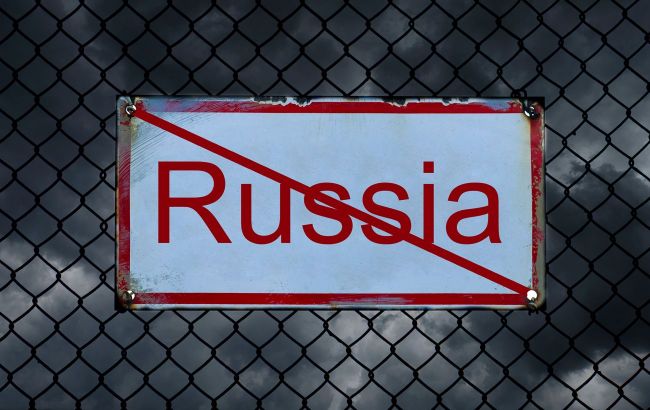EU steps up pressure on Belgium over permission to use frozen Russian assets — FT
 Illustrative photo: EU steps up pressure on Belgium (GettyImages)
Illustrative photo: EU steps up pressure on Belgium (GettyImages)
The EU is putting increasing pressure on Belgium to allow the use of frozen Russian assets to provide Ukraine with a reparations loan, according to the Financial Times.
Approximately €190 billion of Russian sovereign assets held at Euroclear, the central securities depository in Brussels, were frozen in response to Russia's full-scale invasion of Ukraine in 2022.
Initially, many Western countries, including the US, Germany, and Belgium, refrained from using frozen Russian funds due to concerns about legal and financial consequences. However, Europe's position has changed in recent weeks.
According to the agency, the administration of then-US President Donald Trump called on G7 allies to confiscate or otherwise use key Russian assets to finance Ukraine's defense.
After that, German Chancellor Friedrich Merz noted in an article for the FT that €140 billion of these funds should be directed as a loan to arm Ukraine. The European Commission has since revealed a possible structure for such a reparation loan.
Frozen Russian assets
After Russia's full-scale invasion of Ukraine, Western countries imposed a series of tough sanctions against Russia. In particular, they froze Russian assets abroad.
According to IMF estimates, the value of such assets in 2024-2025 exceeds $300-350 billion. It is difficult to establish accurate data due to the distribution of funds across different jurisdictions.
The European Union is considering the possibility of using frozen Russian assets to provide Ukraine with a so-called reparations loan. The loan is to be repaid only after Ukraine receives compensation from Russia.
Belgian Prime Minister Bart De Wever has once again expressed doubts about using frozen Russian assets to finance loans to Ukraine.

